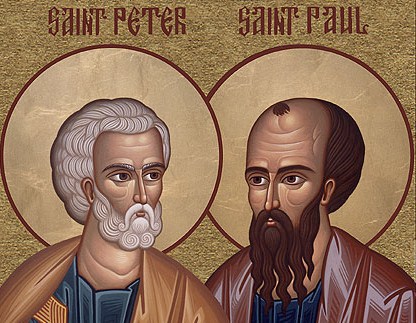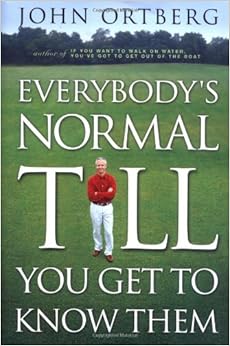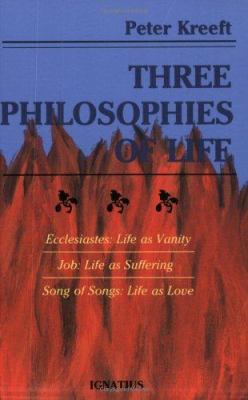In Acts 10, an angel appeared to Cornelius who was not a Jew, telling him to seek out Peter. So he sends for him. In verse 9, the story is seemingly interrupted as we read about a vision that Peter had. Hungry, Peter sees "a great sheet descending, being let down by its four corners upon the earth. In it were all kinds of animals and reptiles and birds of the air. And there came a voice to him: 'Rise Peter, kill and eat'" (Acts 10:11-13). Peter essentially responded by saying, "no way Lord. I've never broken this law you set forth and I'm not about to start now."
I used to read this story and think it was about food, but its about people. Its about Peter seeing that Gentiles were God's children too (Acts 10:27-28) and so he relented and met with Cornelius. And Peter and the church lived happily ever after, right? Not so fast.
 In Galatians 2:11-14, there is another story about Paul opposing Peter for a very similar issue. Peter had been hanging out, having lunch with the Gentiles, but then the Jews showed up. Peter was scared about what the Jews would say, so he quietly pulls back from them and Paul confronts him for behaving this way.
In Galatians 2:11-14, there is another story about Paul opposing Peter for a very similar issue. Peter had been hanging out, having lunch with the Gentiles, but then the Jews showed up. Peter was scared about what the Jews would say, so he quietly pulls back from them and Paul confronts him for behaving this way. I have said it before, but I am glad Peter is in the Bible. Peter is the rock on which Jesus would build his church, but as Michael Card pointed out, Peter was a "fragile stone." He was an impetuous sinner. He was also a new creation, but still seemingly affected by his former way of thinking.
Here's a little secret...all of us are affected by our pasts. Your style of relating, your way of thinking can be subtly or not so subtly affected by what has gone before. So what? First, it is important to acknowledge that how you think and feel can be deeply affected by your history. Second, it is important to remember that you are a new creation. The words of truth are written on your heart and in God's word. Submit your thinking to the word of truth (Romans 12:2). Third, seek wise counsel from people who know you and know God. They may help to hold up a mirror for you to see blind spots you may not see, as Paul did with Peter.
Finally, show grace to others because their past affects who they are as well. If they are Christians, they are called saints by God, but they remain flawed saints until glory. There will be times when they seem to be living well in the rhythm of the Spirit and there will be times when their past pops back through. Be patient, give grace, and thank God for the work in their lives, just as He continues to work in yours.



